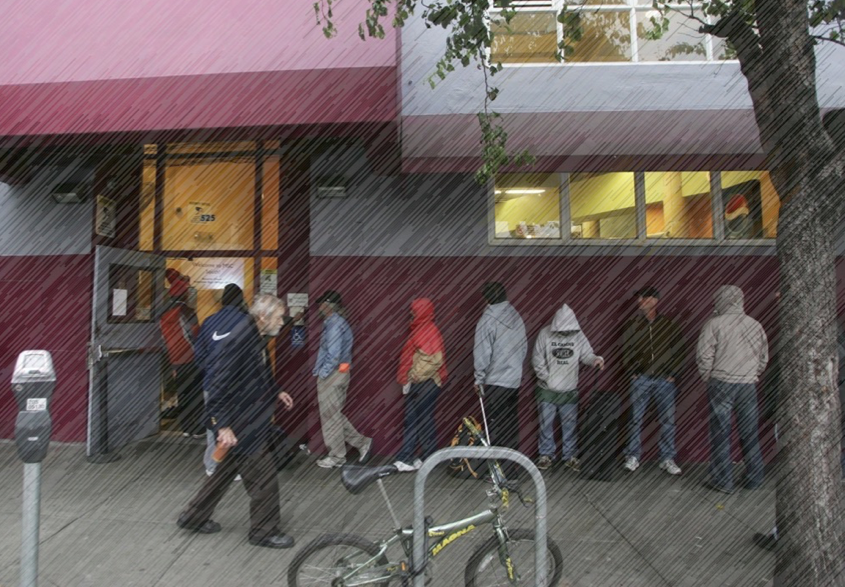This research focuses on the restructuring of homeless regulation in the American city from 1983 to the present through ethnographic and archival methods. The project deploys a unique double-edged enactive ethnography in the city of San Francisco. He lived alongside those experiencing homelessness in encampments, shelters, and residential hotels, and also worked alongside bureaucrats, activists, and service providers addressing homelessness. In tracing the logics and practices at the interface of the local state and its homeless subjects his research exposes how a new blend of criminalization, medicalization, and socialization of homelessness perpetuates poverty. Rather than taking homelessness as simply the outcome of poverty and inequality, he elaborates how institutions of homeless management that stratify, sort, and separate the poorest of the poor in a context of chronic scarcity fuel inequality from below. While these institutions provide for and assist some, they simultaneously systematically deprive and dispossess others. This not only keeps some unhoused longer than others, but also reproduces and fossilizes poverty for many even after they exit homelessness.
No Shelter: Criminalization, Medicalization, and Socialization of Homelessness in San Francisco

